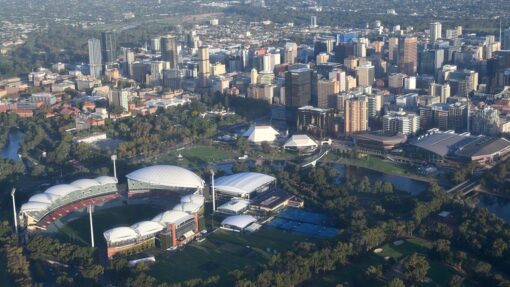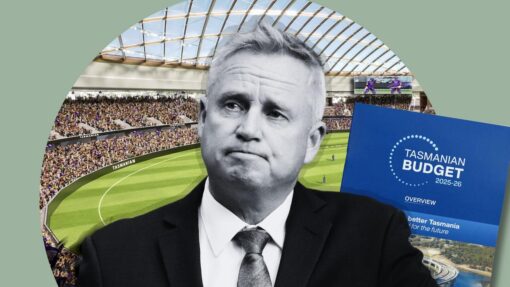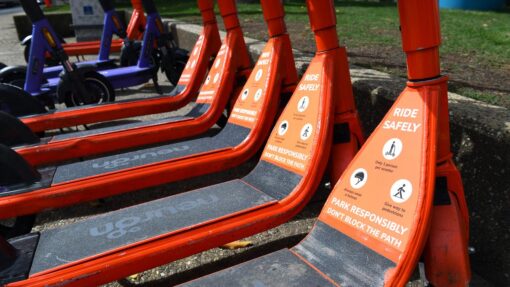Tasmania in ‘unique position’ to reopen
|

Tasmania will throw open its borders from a unique position and as “one of the safest places on the planet”, Premier Peter Gutwein says.
The island state will on Wednesday join many of Australia’s mainland states and territories in allowing entry to all travellers who are fully vaccinated against COVID-19.
People coming from designated high-risk areas must show proof of a negative test taken within 72 hours of arrival.
Tasmania, which has been quick to implement hard borders during the past two years, has almost been free of community cases since the early stages of the pandemic.
It has no active cases of the virus and has experienced just 238 in total across its population of more than 541,000.
“While other states have opened their borders at 80 per cent (vaccination coverage), we took the very sensible decision to wait until we had 90 per cent,” Mr Gutwein told reporters on Tuesday.
“And, importantly, to ensure 100 per cent of Tasmanians have had the opportunity to receive a vaccination.
“Tasmania is going into this from a unique position. We don’t have COVID running loose across our community right now, we’re one of the most vaccinated places in the world.”
More than 90 per cent of Tasmanians aged over 16 are fully vaccinated.
Mr Gutwein on Tuesday announced a vaccination mandate for all childcare workers, requiring them to have at least one dose by January 8, bringing the state in line with the rest of the country.
The state’s Labor opposition said it was extraordinary the Liberal government had been so slow.
“That means there could still be unvaccinated workers in Tasmania’s childcare centres for more than three weeks, putting young children and babies at risk,” upper house MP Josh Willie said.
Public Health Director Mark Veitch noted small children were far less likely to experience complicated COVID-19 infection and said the mandate would help childcare services stay open.
“Workers in these services are limited … there’s a required number of workers to manage specified numbers of children,” he said.
“A small loss of workers from that service can disrupt the service to quite a number of children and the parents who rely upon the sector.”
Tasmania has had a hard border in place with NSW since late July and Victoria from mid-October, and is also shut to the ACT and hotspots in other states and territories.
“My message to Tasmanians broadly is just to be kind to each other as we work our way through this,” Mr Gutwein said.
“We are one of the safest places on the planet. We’re going into this well prepared.”
All travellers must register on the Tas-e-travel application, while police have flagged a highly visible presence at airports and sea ports to monitor compliance.



